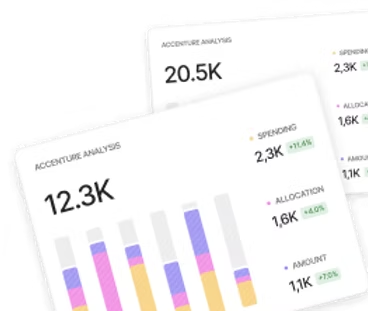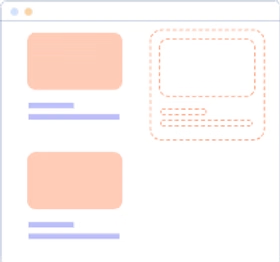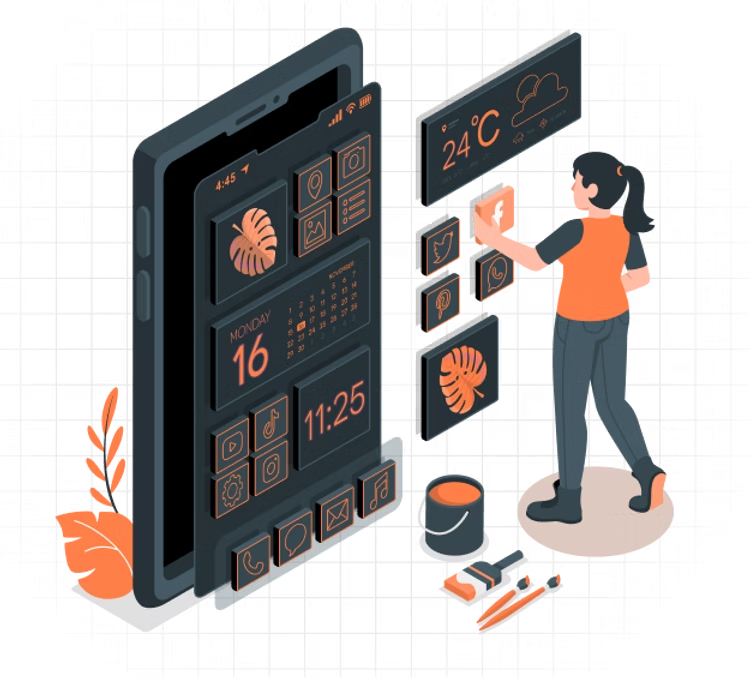Our Services
Web Development
Elevate your online presence with Engage Technologies’ web development solutions, combining speed, scalability, and modern design to create websites that drive business growth. Let's build your digital future today!

UI/UX Design
Deliver exceptional user experiences with Engage Technologies’ UI/UX design, blending creativity and functionality to craft interfaces that engage and delight. Transform your product’s design into a competitive advantage!

Custom Software Development
Optimising business with custom software development which adapts with business needs and save both time and money.

Digital Marketing
Bring your app ideas to life with Engage Technologies' app development services, delivering fast, secure, and user-friendly mobile solutions tailored to your business needs. Let’s create the app that drives your success!

Projects we have worked on!






What Customer
Say About Us
Efficient & Transparent Process
Artificial Intelligence (AI) CRM solutions are transforming businesses manage and nurture customer relationships.
Free Consultation Session
Analyse and gain insights
into your investments
Finalise the requirements
Set the expectations
and outcome of your investment.
Kickstart Work
Fold your hands, relax
and leave things on us.
Looking For Professionals?
Connect with us and get industry exceeding solutions!

